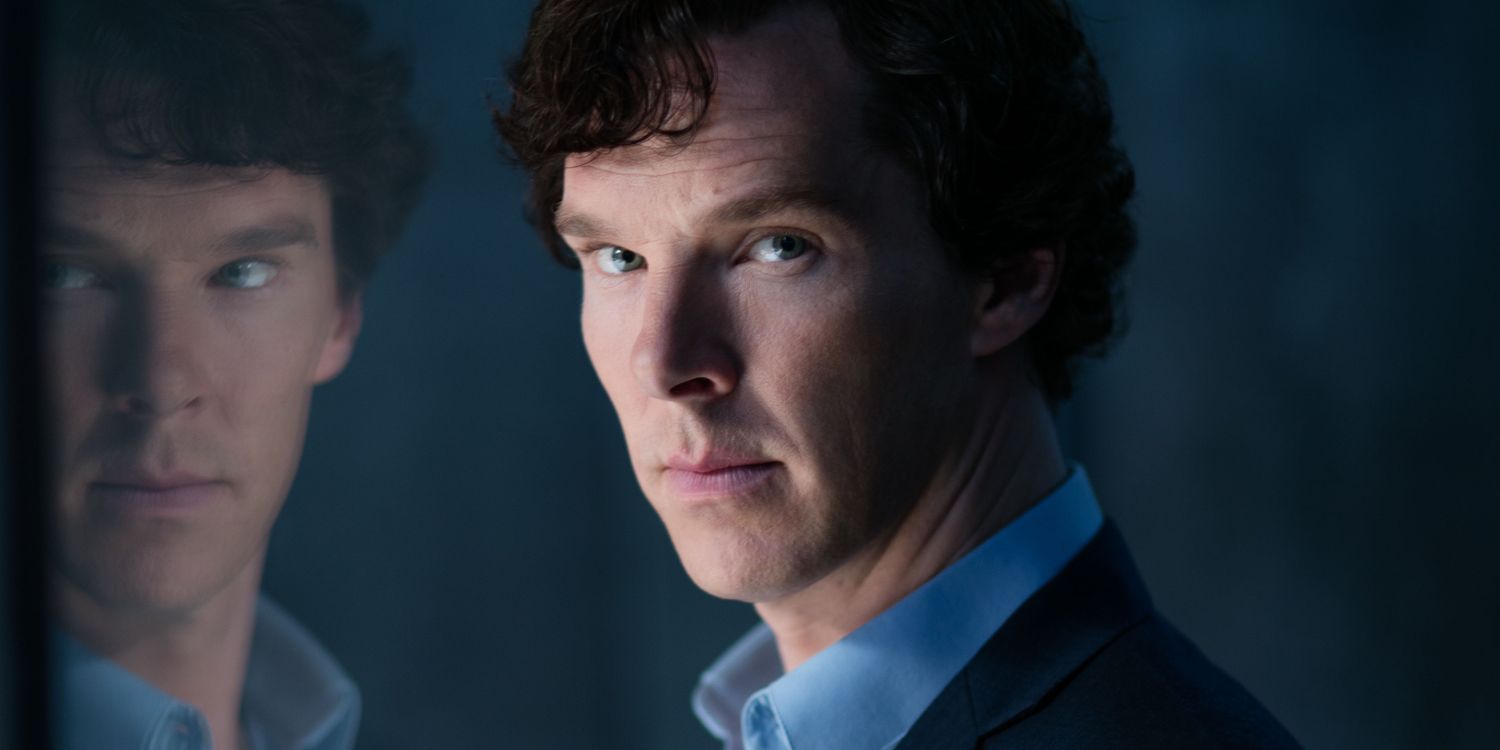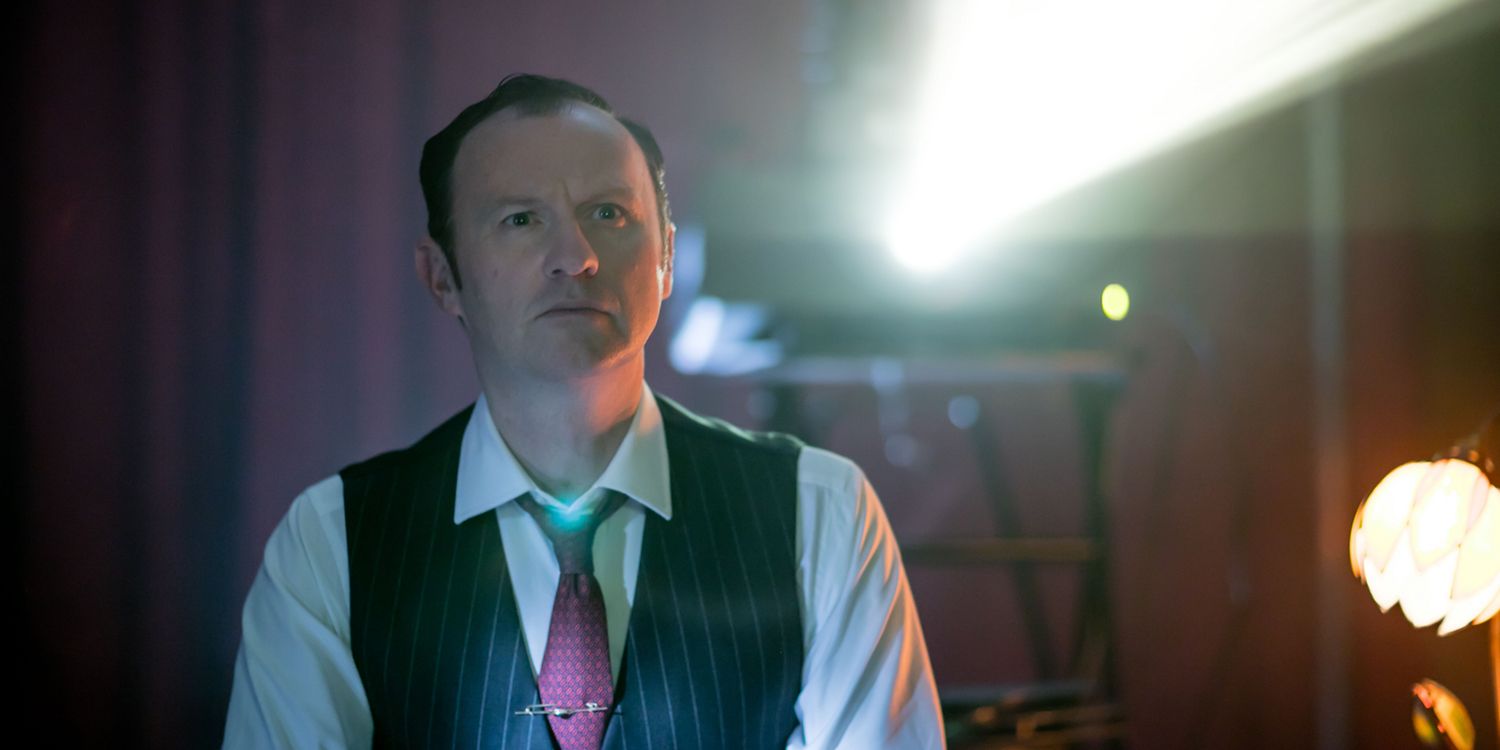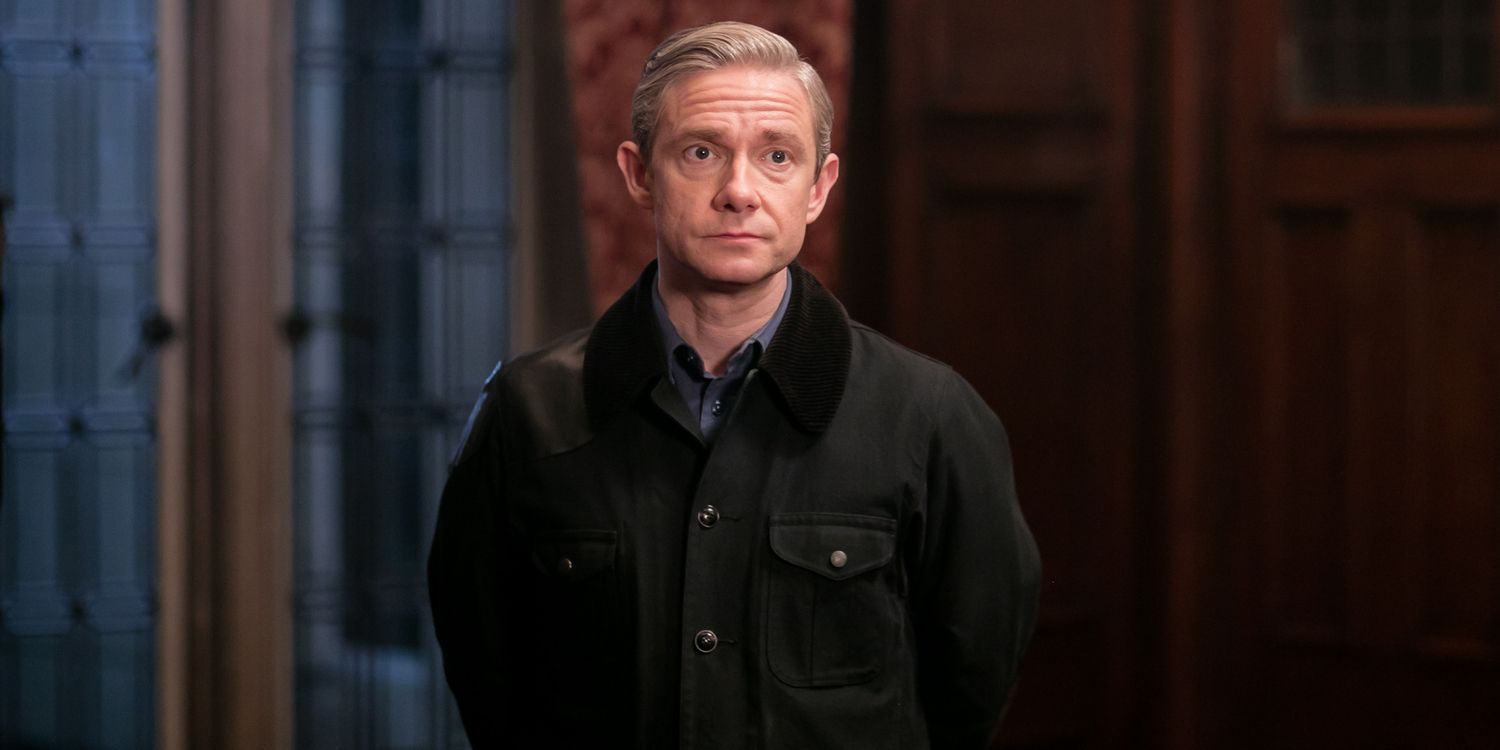If this is the end of Sherlock, then co-creators Mark Gatiss and Steven Moffat have gone to great lengths to produce one of the most outlandish episodes the series has ever seen, as the swan song to what has been, in its heart of hearts, a bizarre show obsessed with the power of showy deduction and reason, but was never too interested the latter.
Last week, at the end of 'The Lying Detective', it was discovered that Sherlock had a long-lost little sister, Eurus (Siân Brooke), who he had forgotten (or blocked out) as a way to deal with childhood trauma. But as the finale tries its level best to convince those watching, Eurus is far more than just a melodramatic shift intended to knock Sherlock off its narrative moorings for the better part of an episode. As Mycroft eventually tells his brother, "The man you are today is your memory of Eurus," which is intended to suggest that the ordeal of having spent a part of his childhood with an "era-defining genius" (who is also a psychopath), resulted in his inability to form emotional connections and, more importantly, forged his deep interest in (or obsession with) solving the most convoluted of crimes.
But 'The Final Problem' is more than just a showcase of Holmes family dysfunction. It features a terrific performance from Andrew Scott as Moriarty, one that underlines just how important he is to the show, and how, despite having the audacity to kill Sherlock's nemesis and keep him dead, Sherlock never quite recovered from that loss. The specter of Moriarty has lingered since he took his own life, and in terms of addressing his continued presence (and possibly his ability to still draw breath), the show was damned if it did and damned if it didn't. Bringing Moriarty back from the dead (as it did Sherlock – though not literally) would be a step too far, even for this show. And yet, the result of leaving Professor James Moriarty in the ground turned out to be the discovery of a third Holmes sibling, a plot twist with such potentially immense emotional ramifications that it inadvertently highlights the show's limitations, and its reliance on grand spectacle in lieu of character moments and narratives that gradually build toward a satisfying climax, rather than exist as a series of small climaxes for 90 minutes at a time.
Sherlock is defined by the freedoms and restrictions afforded it by the unique format of three feature-length episodes per season. Beyond allowing the show to pop up as infrequently as its increasingly busy stars' schedules will allow, the strength of Sherlock's format is that it avoids the pitfalls of conventional television – even shorter 10-episode seasons common to cable – in that there is absolutely no room for filler. The flipside of this is that, while Sherlock's seasons avoid filler, they also avoid the necessary build-up things like suspense and satisfying emotional connections require. To compensate, the series often simply insists an emotional through-line is present and leaves it at that. Why spend the time laying the groundwork of a previously unfeeling, emotionally repressed, "high-functioning sociopath" fumbling his way to a real human connection when another posthumous video from Mary Watson (super ninja-assassin Mary Watson, that is) can just spell it all out for the characters and the viewers?
This issue is compounded further by the insistence of 'The Final Problem' to eschew logic at nearly every turn. The episode is so twisty that Eurus' madhouse of wicked tests seems designed more to keep the audience from scrutinizing the plausibility of what's going on than to put Sherlock, Mycroft, and Watson through the ringer for… reasons. As it turns out, Eurus' plan has been in the making for years, and part of that plan was to enlist the help of Moriarty – mostly to make Mycroft look incompetent and to record a series of soundbites to add a bit of flair to the proceedings – so that she could enact her revenge for having been incarcerated in Sherrinford since setting the Holmes family estate ablaze all those years ago.
There is an emotional core to what's going on, and to what Eurus wants from the family that never quite understood her and (as far as Mycroft is concerned) locked her away to be studied like a lab rat. As such, Eurus' plan to put her brothers through a similar series of experiments is meant to evince a level of betrayal felt by this brand new and previously unmentioned antagonist. But the problem with Eurus and her plan is the same problem Sherlock has never quite figured out a solution to: in doing without the gradual accumulation of story and character development needed to deliver a payoff as revisionary as the one seen here, there is very little chance the revelation will have the intended emotional impact. It is far too steep a climb to make in a single episode. And to compensate, Gatiss and Moffat simply airlift the audience to the narrative peak, and then let them drop to the bottom. The result is a reckoning of considerable magnitude that doesn't allow the audience time to fully appreciate the degree to which Sherlock has been fundamentally changed.
Oddly, in its final moments, Sherlock goes to great lengths to assure the audience that nothing has changed, and, in fact, the series has somehow found its way back to the more carefree attitude of its initial episodes. The conclusion of 'The Final Problem' does indeed feel like the series is tipping its cap to viewers and bidding them a final adieu, as it ostensibly hits the reset button via a montage in which the grenade-ravaged 221B Baker Street is rebuilt and Sherlock and John go about their days merrily solving crimes. The emotional impact of Sherlock's buried memories, the trauma of having a childhood friend murdered by his sister – not to mention Watson's new role as a widowed single father – are left on the edges of a denouement that is out of synch with everything that just unfolded. Instead, the ending is intent on assuring those watching that the game is still afoot and that there are more stories for Sherlock to tell, even if it never gets the chance to regale audiences with them.
-
Screen Rant will have more information on the future of Sherlock as it is made available.
Photos: PBS



